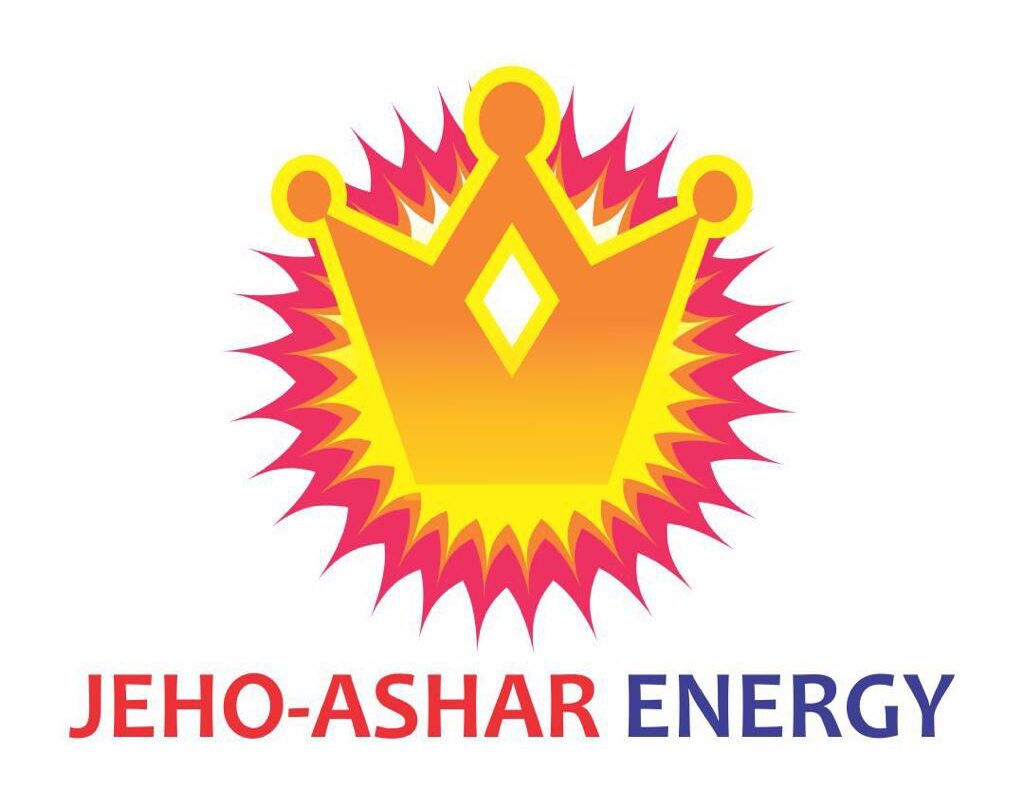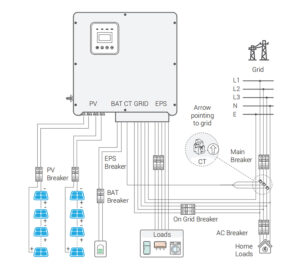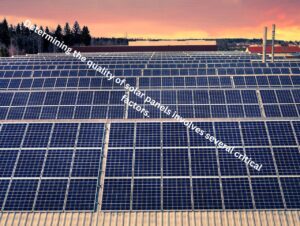🔋 Understanding Battery Storage: The Backbone of Modern Renewable Energy Systems
At Jeho Ashar Energy Advantage, we believe energy independence starts with more than just solar panels — it requires intelligent, reliable battery storage. As homes, businesses, and industries increasingly turn to solar energy, the question is no longer “Can I generate power?” but rather “Can I store it effectively for when I need it most?”
This is where battery storage systems come in.
⚡ What is a Battery Storage System?
A battery storage system stores electrical energy — often from solar panels — so it can be used at a later time. This stored energy can:
Power your home or business during nighttime
Serve as backup during grid outages
Help reduce energy costs by avoiding peak utility rates
Enable complete off-grid operation in remote locations
Battery storage ensures energy continuity, improves power quality, and allows you to control how and when you use your electricity.
🔍 How Battery Storage Works
The concept is simple but powerful:
Energy Generation
Solar panels or other power sources generate electricity, usually during the day.Energy Storage
Excess electricity that isn’t used immediately charges the battery system.Energy Discharge
When solar production drops (e.g., at night or during cloudy periods), the stored energy is discharged from the battery to meet your electricity demand.Grid Interaction (Optional)
In hybrid setups, batteries can charge from the grid when rates are low and discharge when rates are high (peak shaving).
🧠 Key Benefits of Battery Storage
| Benefit | Description |
|---|---|
| Backup Power | Keeps lights, appliances, and critical systems running during blackouts |
| Energy Independence | Reduce or eliminate reliance on the national grid |
| Cost Efficiency | Avoid expensive peak electricity charges or generator fuel costs |
| Solar Optimization | Store excess solar energy instead of wasting it or exporting it at low value |
| Environmental Impact | Supports clean energy use and reduces carbon emissions |
🔋 Types of Battery Technologies
Not all batteries are built the same. Here are the most common types used in solar and hybrid energy systems:
Lead-Acid Batteries
Affordable and proven, but bulky and lower lifespan
More maintenance required
Often used for smaller or short-term applications
Lithium-Ion Batteries
Compact, efficient, and long-lasting
Fast charging and deep discharge capability
Higher upfront cost but better long-term value
Ideal for residential, commercial, and industrial setups
LiFePO₄ (Lithium Iron Phosphate) – A type of lithium-ion battery
Enhanced thermal and chemical stability
Longest lifespan and best safety profile
Our preferred choice at Jeho Ashar for modern energy systems
🔧 Battery Storage at Jeho Ashar Energy Advantage
At Jeho Ashar, we don’t just install batteries — we design smart energy ecosystems. Every system we deliver is:
🔍 Custom-sized based on your actual energy use and solar generation
🔗 Integrated with top-tier inverters, solar panels, and BMS
📱 Remotely monitored for real-time performance and fault alerts
🛠️ Backed by ongoing support and preventive maintenance
We work with only Tier-One battery brands like BOS-A and other LiFePO₄ systems because we value your safety, energy efficiency, and long-term return on investment.
🌞 Your Path to Energy Freedom Starts with the Right Battery
Battery storage is no longer optional — it’s essential for anyone serious about reliable, self-sufficient power. Whether you’re building a new solar system or upgrading your current one, Jeho Ashar Energy Advantage is your trusted partner in designing storage solutions that work for your specific needs.
👉 Talk to us today about how energy storage can transform your power reliability and efficiency.



